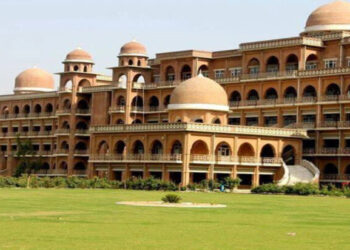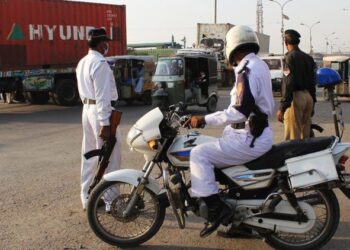The resurgence of polio is once again raising alarm bells in the country, where recent findings have confirmed the presence of the virus in environmental samples from five cities. This signals a troubling return of the highly contagious viral disease that predominantly affects children.
Pakistan, alongside Afghanistan, stands as one of the last two countries globally where polio remains endemic. Despite persistent efforts over the years to eliminate the disease, Pakistan has grappled with numerous challenges, including insecurity, political instability, vaccine hesitancy, and the spread of misinformation. These obstacles have hindered the effective delivery and acceptance of polio vaccines, particularly in remote and conflict-affected regions.
It is crucial to note that there is currently no cure for polio, but its prevention is possible through vaccination.
While hopes were high in 2021 with only one reported case of polio across the country, the situation took a downturn in 2022, witnessing a spike to 20 cases, all concentrated in the northwestern province of Khyber Pakhtunkhwa. Furthermore, 2023 has already seen five reported cases, with four emerging from the same province. The detection of the wild poliovirus type 1 in sewage samples across the country not only signifies a failure in containment efforts but also indicates a decline in children’s immunity levels in affected areas, heightening the risk of disease contraction.
Complicating matters further is the genetic link between the poliovirus in Pakistan and the virus cluster in Afghanistan, suggesting cross-border transmission. The long, porous border shared by these neighboring countries, coupled with frequent and unregulated population movement, poses a significant challenge to coordinating and synchronizing polio vaccination campaigns. Such campaigns are vital to breaking the transmission cycle and safeguarding children on both sides of the border.
The resurgence of polio in the country demands an urgent and coordinated response from all stakeholders, including the government, health authorities, security forces, religious leaders, the media, and civil society. Prioritizing and reinforcing vaccination efforts, especially in high-risk areas, addressing vaccine hesitancy, and improving sanitation, access to clean water, and overall healthcare infrastructure are critical steps. A unified commitment to polio eradication is essential to ensure a healthy, polio-free future for the children of Pakistan.



























